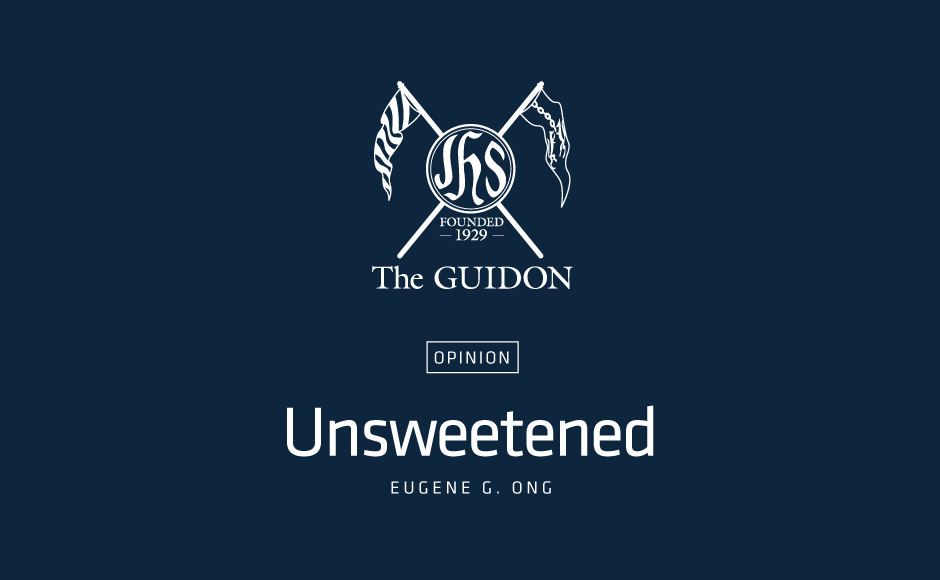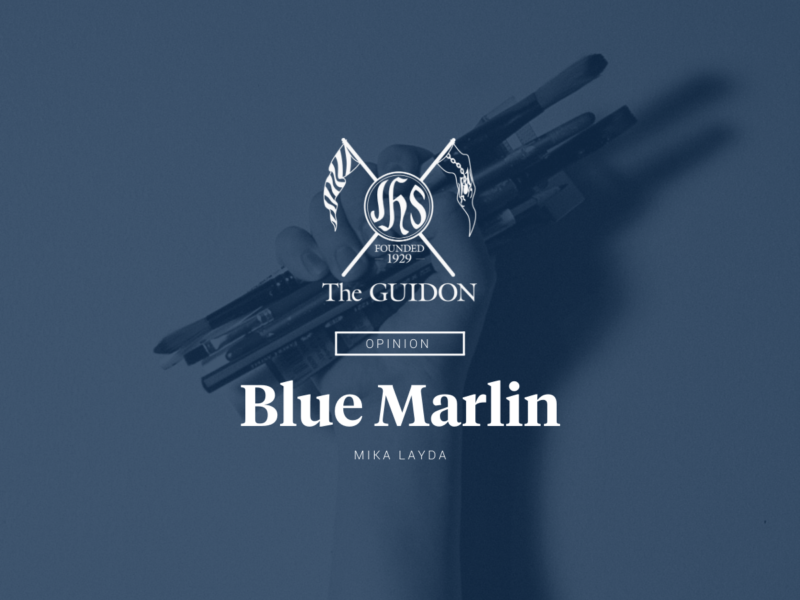If there is something that has become such part and parcel of the Atenean stereotype—to the point that even we use that stereotype to poke fun at ourselves, it is the ability and the willingness to adeptly use sophisticated words, ideas, phrases without knowing what they mean.
In fact, some argue that this ability is a prerequisite to surviving the university—a skill to be honed if one is to succeed in Atenean student society. Others go further and assert—with all seriousness—that the Atenean’s ability and willingness to do so is something we should celebrate: After all, this stems from a supposed great command of language and mastery of public confidence.
We cannot be proud of this.
There are the obvious ethical—arguably even moral—reasons why: That it is wrong, that it feels like cheating your way through the system, that your grades no longer reflect how much you have learned and mastered. All of these reasons are valid, but there are also much greater implications.
This pretending happens to such a great extent in our lives as students that it has become the norm, the subconsciously default mode of thinking for some, in some circles. To just pretend to know when you do not, whether by force of circumstance or by choice, is a substitute for actual critical thinking—a critical, meaningful struggle to understand the nuances of words and ideas. What then ensues from this is the classroom scene where a student sputters out jargon in the hopes of escaping the spotlight.
Words and ideas lose their meaning, and once ideas and words become divorced from the depth of their meaning and become nothing more than fanciful covers for terrible ignorance, real dialogue—where knowledge and insight is born—becomes excruciatingly difficult. People talk, but conversations are hollow and empty. Nothing is learned; nothing is gained; nothing happens.
This implication for this excuse for actual thinking translates itself, most crucially and most dangerously, when we begin to talk about society beyond the hill. In this, not only are words divorced from their meaning, but they are also divorced from their power. The excuse from critical thought transforms itself into an excuse from the implications of those thoughts.
It is this that allows some to shamelessly use words like “marginalized” and “oppressed” so frivolously, so lightly, not knowing what the words even begin to mean to others. It is this that allows us to say that we are “men and women for others” and contemptuously shaming the poor for being lazy and stupid while swallowing uncritically subjects that dehumanize people and, ultimately, promote mindsets and practices that further systemic poverty. It is this that makes our talk so insensitive to the rest of the country sometimes; it is this that makes our actions so ineffective sometimes.
I still have no doubt that there is no shortage of sincerity on the hill. Whether this sort of empty talk and empty work is truly the norm here is one that is still debatable, especially in the face of the many organizations and initiatives that fight the good fights well. But there is no doubt that, in many places, not saying what you mean and not meaning what you say is tolerated and even encouraged, and the temptation remains for all of us to do the same. We must not fall; we must think.







